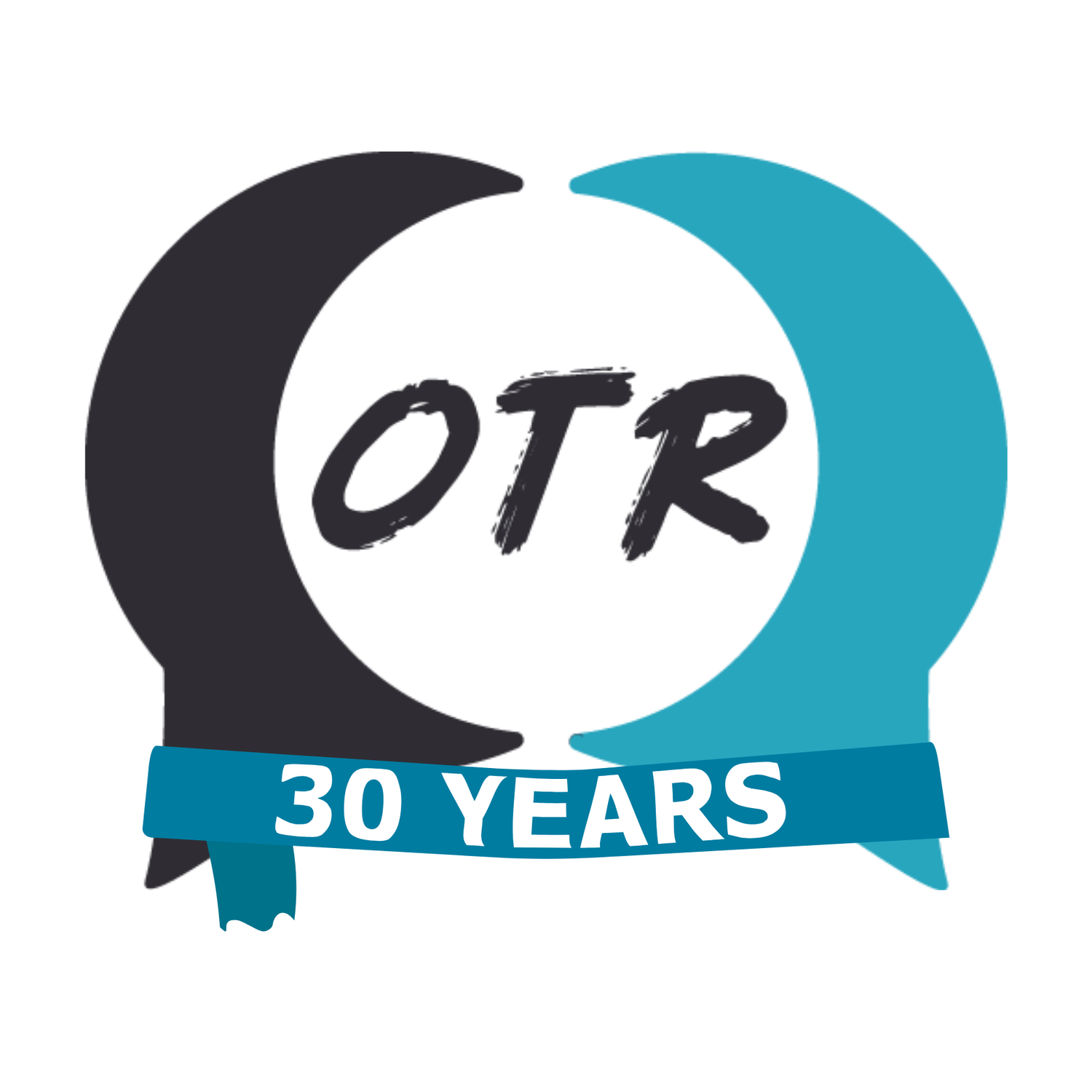At OTR we strive to be as inclusive as possible. A part of that is looking at our language and how we communicate in a way that is respectful to the diverse range of young people we serve.
This terminology guide, which had been produced by Your OTR, is a list of language that OTR staff, volunteers, and trustees are encouraged to use when talking with and about different groups and communities.
It is not a comprehensive guide and we acknowledge that different people will prefer different language. We can’t always pick the perfect wording, but we can be conscious and open to feedback.
As this is an ongoing piece of work please use the comment box at the bottom of this page to make any suggestions of terms that we could add, or changes you think we should make.
Thanks so much!
Young Black people and young people of colour
(can be abbreviated as ‘Young BPOC’ or ‘YBPOC’)
Rather than ‘Black and Minority Ethnic/BAME’.
We recognise that Black people experience higher levels of racism and that it’s important to recognise this colourism. We’re not including the ‘I’ for ‘Indigenous’ as we don’t have groups indigenous to the UK compared to other countries such as the USA, Australia, and Sweden. We’re aware that white ethnic minorities may not feel included by this term.
Young people from areas of economic deprivation
Rather than e.g. ‘poor’/‘low-income families’/‘deprived’ young people.
We wanted to take the onus away from the individual person.
‘Economic’ needs to be part of it because it’s largely about resources and the impact that a lack of financial and other resources has on a young person’s life.
Disabled
Full-time wheelchair-user (or ‘non-ambulatory wheelchair-user’) and Part-time wheelchair-user (or ‘ambulatory wheelchair-user’)
Rather than ‘differently abled’
Rather than ‘wheelchair-bound’
Neurodiversity (the variation in our brain function)
Neurodivergent (people whose brain function is seen as different from the neurotypical majority)
Neurotypical (people whose brain function is seen to be standard)
Autistic/dyslexic young person
Rather than ‘has Special Educational Needs/SEN’.
Rather than ‘young person with autism/dyslexia’.
There’s been a move towards identity-first language (adjective first) rather than person-first, but not everyone agrees on this. Check what the yp prefers. Most will be ok with ‘has ADHD/OCD’ but some may prefer ‘ADHDers/OCDers’
LGBTQ+ language
Stonewall have a comprehensive list of LGBTQ+ terms that we recommend

